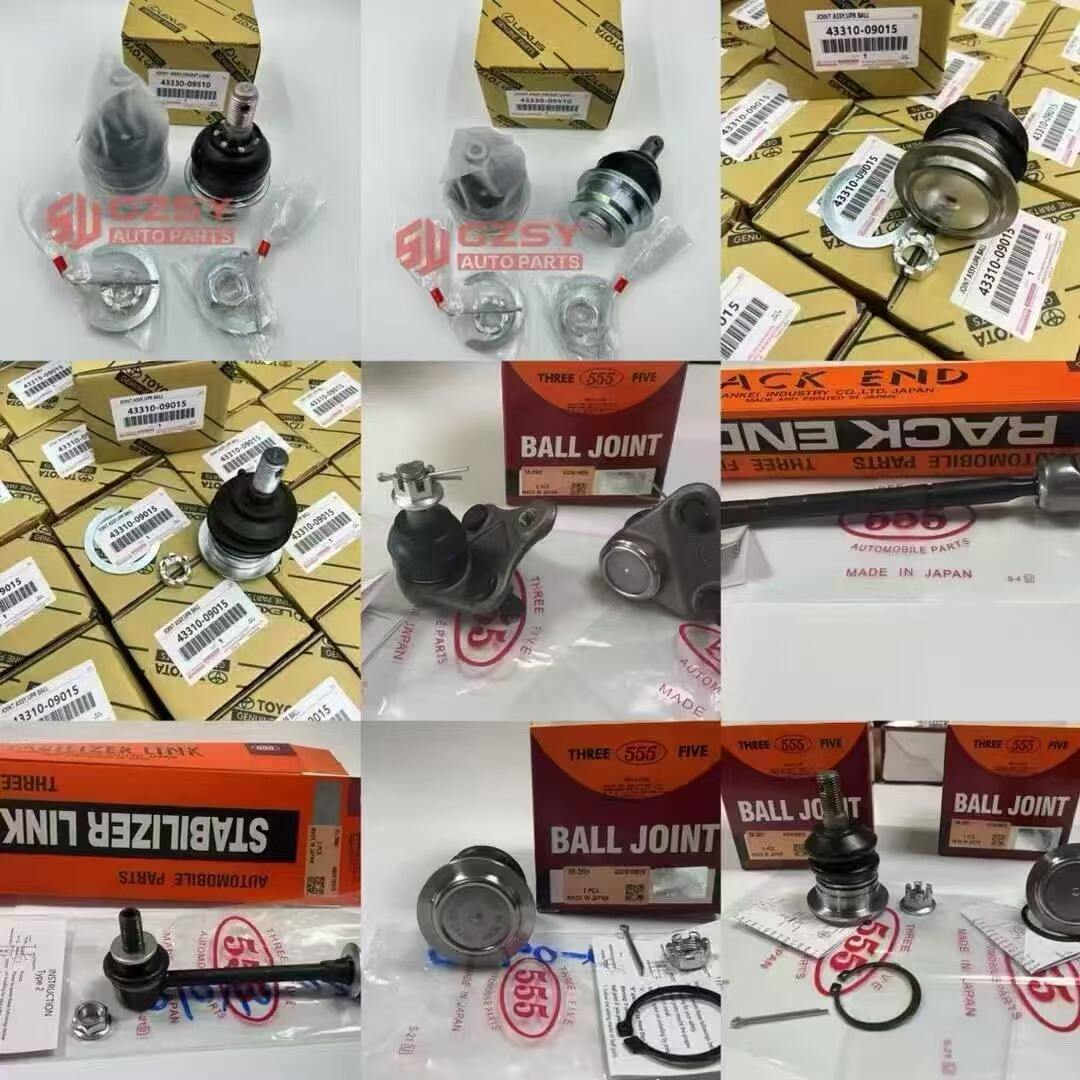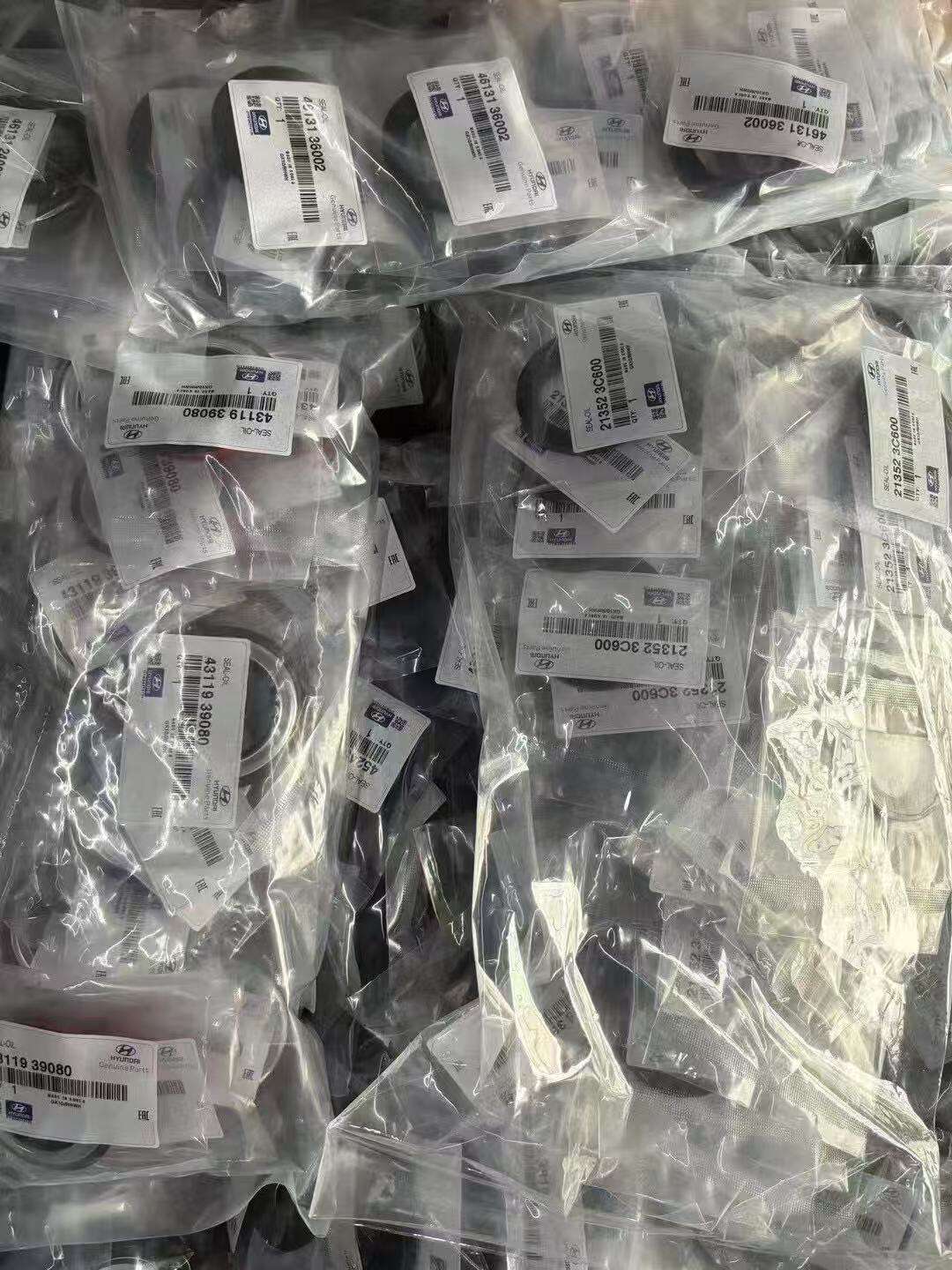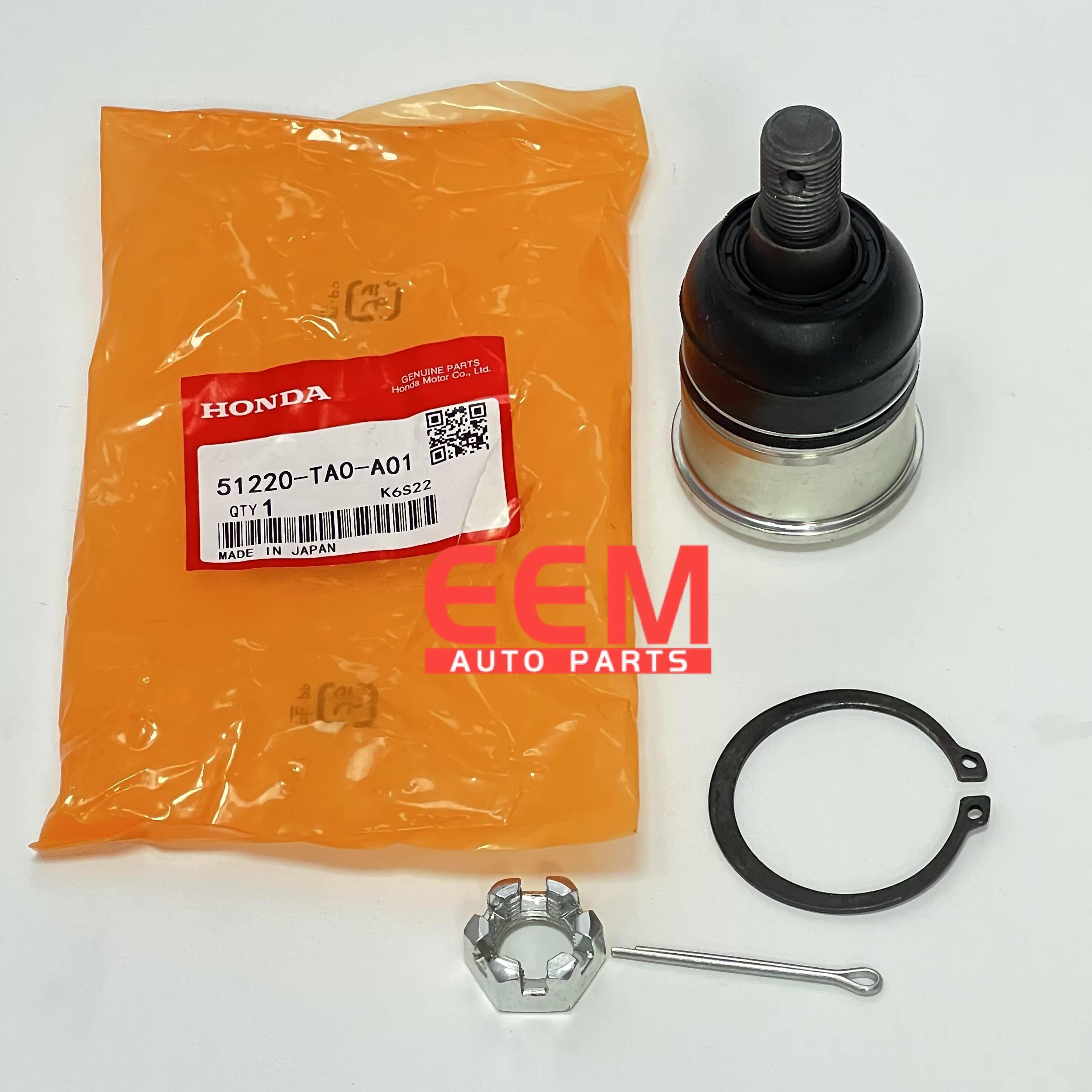price of automotive bearing
The price of automotive bearings represents a crucial consideration in vehicle manufacturing and maintenance, reflecting the essential role these components play in ensuring smooth mechanical operation. Automotive bearings, which typically range from $5 to $150 per unit depending on specifications, serve as fundamental components that enable rotational movement while reducing friction between moving parts. These precision-engineered components incorporate advanced materials like chrome steel or ceramic, featuring specialized coatings and treatments that enhance durability and performance. The pricing structure varies significantly based on factors including bearing type (ball, roller, or needle), size specifications, load capacity, and manufacturer reputation. High-performance bearings, especially those designed for critical applications like wheel hubs or transmission systems, command premium prices due to their enhanced durability and precision engineering. The market offers various options, from standard OEM replacements to premium aftermarket alternatives, catering to different budget constraints and performance requirements. The price point often reflects additional features such as sealed designs for better contamination resistance, specialized lubricants for extreme conditions, and advanced heat treatment processes that extend service life.


